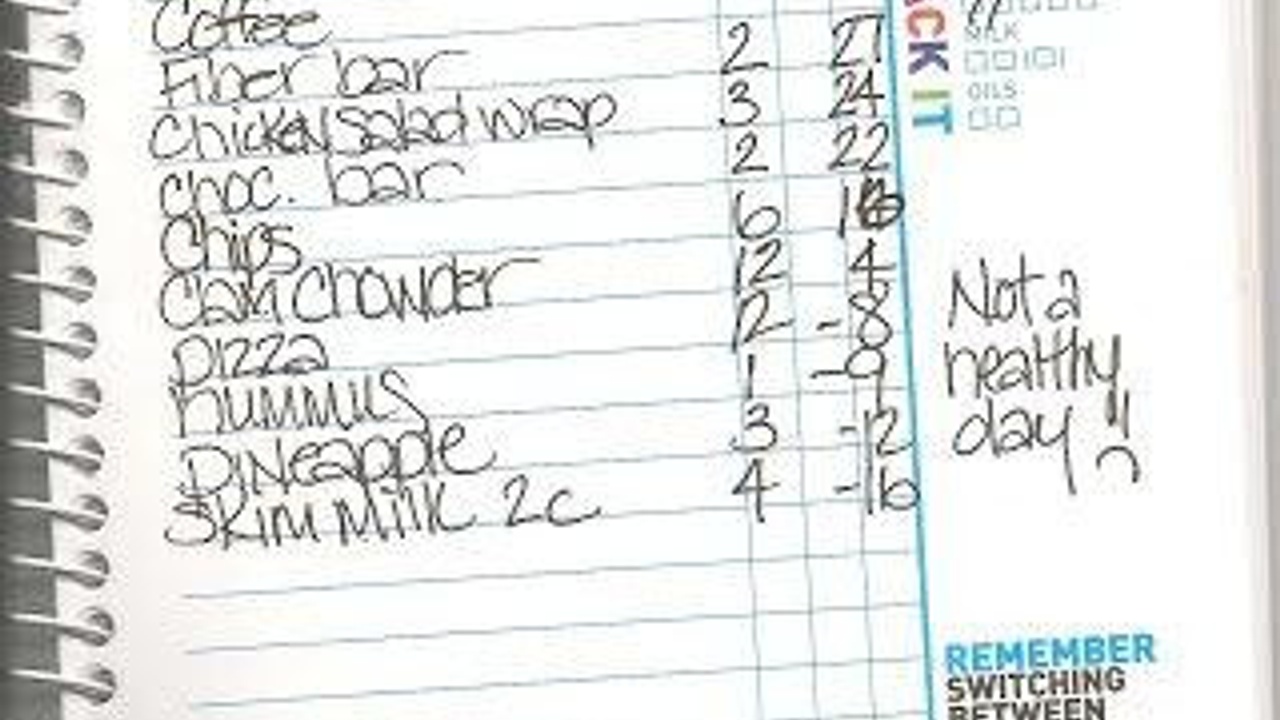
7 Simple MMA Nutrition Tips for Cutting Weight and Performing at Your Best
Nutrition Essentials for MMA Fighters: How to Make Weight and Perform at Your Best
MMA fighters, making weight isn’t just about stepping on a scale. It’s about maximizing your performance and recovery through disciplined nutrition. Forget shortcuts or miracle supplements—true results come from understanding and mastering your nutritional habits. Let's break down actionable and detailed strategies to help you make weight safely and dominate inside the cage.
Why Nutrition Matters for MMA Fighters
Your nutrition directly influences your energy, strength, endurance, recovery, and mental sharpness. Poor eating habits don't just sabotage your weight goals—they can cost you fights. Proper nutrition ensures optimal training quality, efficient recovery, and peak performance on fight day.
7 Essential MMA Nutrition Tips
1. Meal Prep is Key: Plan Ahead
When you're hungry, discipline goes out the window. Meal prep eliminates impulsive choices and ensures consistent nutrition.
-
Plan Weekly: Set aside one or two days a week to batch cook meals and snacks.
-
Include Balanced Meals: Combine lean proteins (chicken, turkey, fish), complex carbs (brown rice, sweet potatoes, quinoa), and veggies.
-
Snack Smart: Prep convenient snacks like nuts, fruits, protein bars, or Greek yogurt.
2. Always Stay Prepared: Pack Your Essentials
Keep a cooler or insulated bag stocked at all times. Being prepared prevents unhealthy detours.
-
Hydration: Water bottles and electrolyte drinks (low-sugar options).
-
Healthy Snacks: Protein shakes, fruit, veggies with hummus, and trail mix.
-
Vitamins and Supplements: Carry essential supplements (like omega-3, vitamin D, and probiotics).
3. Remove Temptations: Clear Out Junk Food
Your environment greatly influences your dietary decisions. Keep junk food out of sight and mind.
-
What to Ditch: Chips, candy, sugary cereals, processed snacks, soda, fast food.
-
Replace With: Fresh fruits, veggies, nuts, seeds, whole grains, and lean protein.
4. Track Your Nutrition: Keep a Food Log
Awareness leads to improvement. Tracking your food intake reveals patterns and areas for change.
-
Simple Tracking: Write down or use apps to log what, when, and how much you eat.
-
Monitor Emotions: Note if hunger is real or triggered by stress, boredom, or habits.
-
Weekly Reviews: Adjust your diet based on weekly trends and performance feedback.
5. Stick to Whole, Natural Foods: The Simpler, the Better
Whole, minimally processed foods fuel your body best.
-
Proteins: Lean meats, fish, eggs, legumes, and plant-based proteins.
-
Carbohydrates: Whole grains, oats, sweet potatoes, and fruits.
-
Healthy Fats: Avocados, nuts, seeds, olive oil, and fatty fish.
The simpler your diet, the more control you’ll have over your nutrition and performance.
6. Stay Hydrated: More Than Just Water
Hydration is crucial for energy, weight cutting, cognitive function, and overall health.
-
Regular Intake: Drink at least half your body weight in ounces daily (e.g., a 180-pound fighter drinks at least 90 oz).
-
Electrolytes: Include electrolyte-rich drinks or add salt to meals to replace minerals lost through sweat.
-
Limit Sugar and Caffeine: Excess caffeine and sugar can cause dehydration and energy crashes.
7. Listen to Your Body: Adapt and Adjust
Your body gives clear signals—learn to listen to them.
-
Hunger and Fullness: Eat slowly, chew thoroughly, and stop when comfortably full.
-
Energy Levels: Monitor how foods impact your energy during training and recovery periods.
-
Digestive Health: Notice foods that cause discomfort, bloating, or sluggishness and adjust accordingly.
Frequently Asked Questions (Expanded)
Q1: Are cheat meals ever okay?
Yes, occasionally. Scheduled cheat meals can boost motivation and adherence. Just don’t let them derail your overall nutritional strategy.
Q2: What supplements do MMA fighters actually need?
Focus on basics proven by science: whey protein, creatine, omega-3 fatty acids, vitamin D, electrolytes, and possibly probiotics.
Q3: Should I follow trendy diets like keto or paleo?
Some fighters do well on these diets, but it's personal. A balanced diet tailored to your performance needs often works best. Experiment carefully and consult professionals for personalized guidance.
Q4: How should I adjust nutrition for weight cutting?
Reduce calories gradually, maintain high protein to preserve muscle, manage carb intake carefully, and prioritize hydration to support your training and weight-cutting phases.
Final Thoughts: Your MMA Nutrition Blueprint
Nutrition in MMA isn't just about making weight—it's about becoming a better athlete. Embrace these foundational habits consistently, and you'll enhance performance, minimize injury risk, and recover faster.
Commit to disciplined nutrition, and watch your performance soar both inside and outside the cage.
Train hard, eat smart, fight strong.




